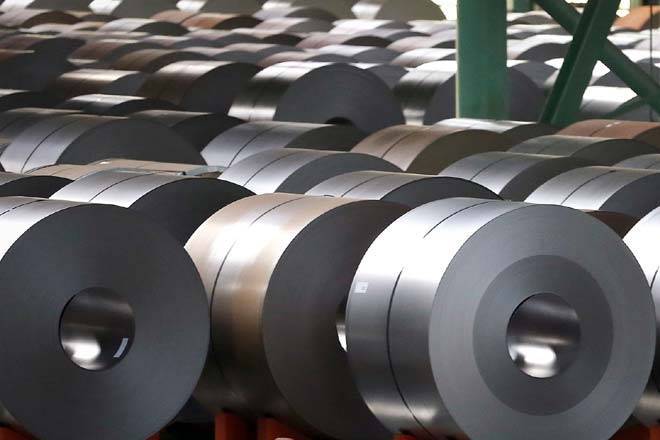India isn’t planning any knee-jerk reaction to the US decision to tax steel and aluminium supplies, but any restriction by the Trump administration on items that are of crucial interests to it – including textiles and garments – will force the country to fight it out at the World Trade Organization (WTO), apart from exploring retaliatory actions, officials and trade sources told FE.
Gems & jewellery, garments & textiles and pharmaceuticals are major items, accounting for 44% of India’s goods exports to the US.
Trade analysts said any curbs tailor-made to target India will hardly help the US even if it becomes successful in containing the flow of trade, as India accounted for only 2.8% of the US’ total goods trade deficit of $810 billion in 2017. By contrast, China alone made up for 46% of US’ merchandise trade deficit in 2017, followed by the EU (19%).
For the moment, India believes that the US plan to impose a 25% duty on steel and 10% on aluminium imports is unlikely to hurt much, as its steel and iron supplies account for just 4% of its overall goods exports to the US while aluminium makes up for over 1%. Also, other notable steel producers, including China, the EU, Japan and S Korea, will face the same tariff barriers.
However, the option to counter the US through the WTO will be easier said than done. Trade analysts have repeatedly pointed out that the US move to block the appointment of judges to the WTO’s dispute panel in recent years will erode the multilateral trade body’s ability to deliver verdict on trade disputes on time.
Even if the WTO finally rules against the US, it will have taken at least three years for such a verdict to have been delivered. Even then, the US can appeal against such verdicts, further delaying the process. By the time the largest economy is bound by its commitments to the WTO to comply with its ruling, Donald Trump would have gone. “Trump knows very well that he can get away with it and may even get a second term, whipping up public sentiments. But the US economy will ultimately pay the price for it,” said a source.

Analysts have said the current tariff war resonates with the one initiated by President George W Bush in 2002. Bush had come out with a plan to slap as much as 30% duty on steel imports. The move triggered a backlash. The EU announced that it would impose retaliatory tariffs on the US, risking a major trade war and threatened to counter with tariffs of its own on products ranging from Florida oranges to cars produced in Michigan.

